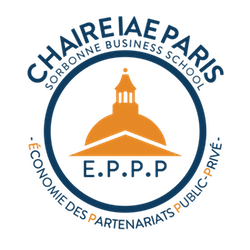Timing tariff increases over the electoral cycles : an empirical investigation of political decision making
Timing tariff increases over the electoral cycles : an empirical investigation of political decision making
Michael Klien (chaire EPPP)
Abstract: This paper uses data on municipal tariff decisions to analyze the effect of elections on policy choices. Like existing research, the results confirm the existence of a political cycle in fiscal policy.
More importantly, this paper shows that standard approaches to the electoral cycle may miss an important point because they imperfectly model the underlying data generating process that is best characterized as a corner solution. As tax and tariff cuts are quite rare, the usual decision faced by a politician is to increase tariffs or not, and if yes, by how much. This paper uses appropriate corner solution models like the hurdle model to analyze this decision structure and finds that this leads to notably stronger effects. In addition, apart from average effects of the electoral cycle, this paper shows the predictive power of the electoral cycle is strongest for small and intermediate tariff increases but less so when analyzing large tariff changes, which are probably the result of other factors. Finally, sensitivity tests show that the size of the estimated effect depends strongly on the specific operationalization of the election cycle variable. Moreover, the paper confirms recent research emphasizing that the intensity of the political cycle is conditional on the institutional setting, notably political accountability and the fragmentation of the city council.
